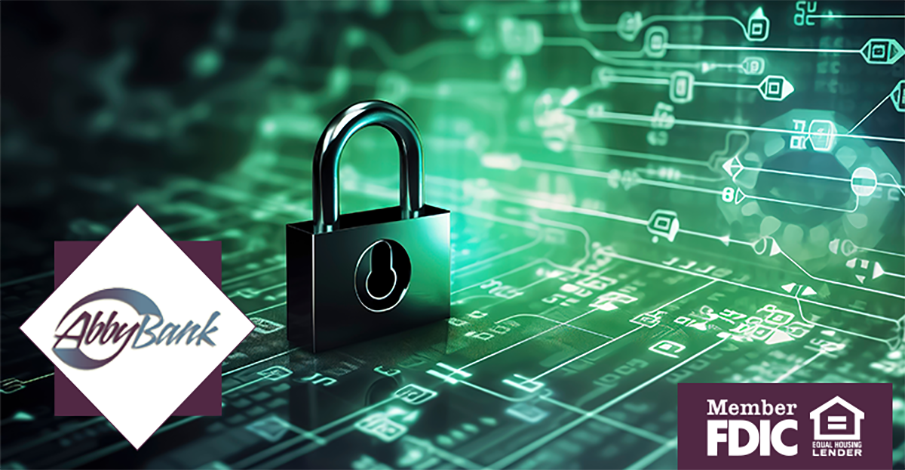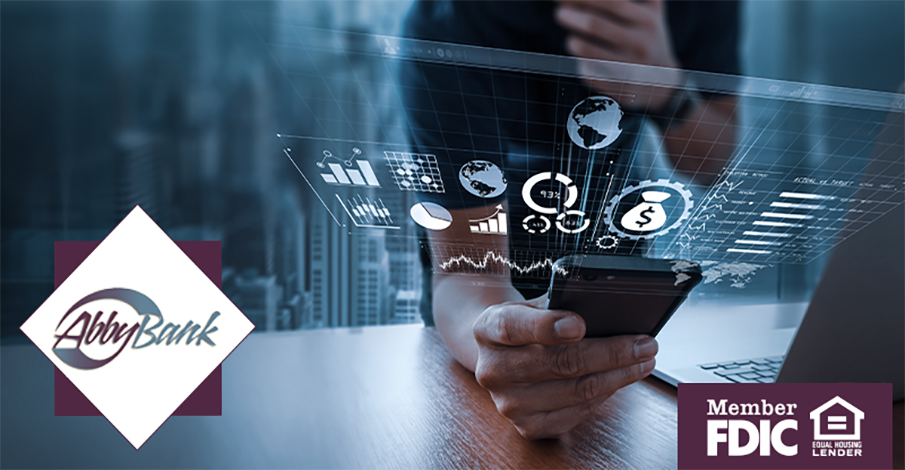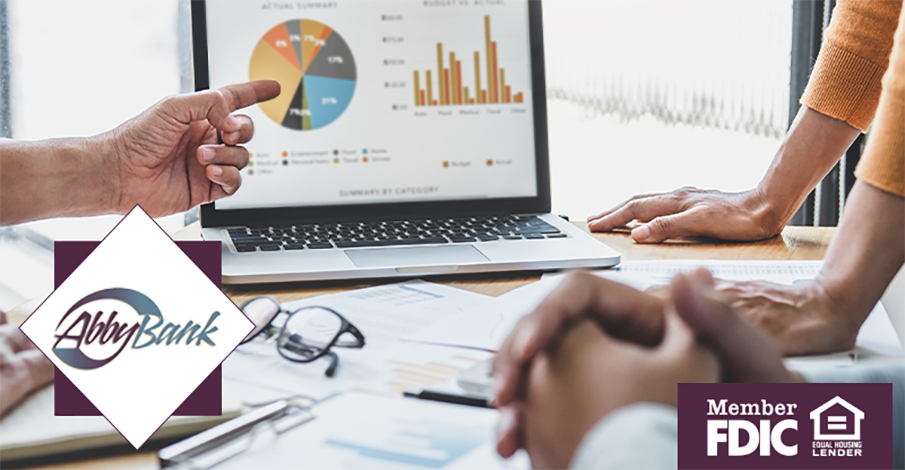Written by
Understanding the Threat
It’s important to be aware of the potential dangers that lurk in the digital realm. Cybercriminals employ various tactics to steal sensitive information and compromise your bank account. Let’s first explore these tactics:
- Phishing Attacks: Phishing emails and messages are designed by cyber criminals to deceive you into revealing personal information such as passwords or credit card details. They often look like legitimate emails and will urge you to take action. It’s important to be able to recognize the signs of phishing to help you avoid falling into their trap.
- Data Breaches: Large-scale data breaches expose large amounts of personal data to criminals. With a data breach, your information could be used for identity theft. Staying informed about major breaches and taking proactive steps can help mitigate the impact.
- Malware and Ransomware: Malicious software can infiltrate your devices, giving hackers control over your data. Ransomware can lock you out of your files until you pay a ransom. Regularly updating your software and using reliable security tools can help protect you from malicious software.
Essential Steps to Safeguard Your Information
- Create Strong Passwords
- Creating strong, unique passwords for your online accounts is the first line of defense against identity theft. Use passwords that include a mix of upper and lower-case letters, numbers, and special characters. Don’t use guessable information such as birthdays or names. Change your passwords periodically for added protection.
- Regularly Monitor Financial Statements
- Vigilant monitoring of your bank and credit card statements is essential for spotting unauthorized transactions promptly. It can be helpful to enable notifications for account activity, balance charges, and large transactions to stay informed in real time.
- Protect Your Personal Information
- Be cautious when sharing personal information and be sure to store physical documents such as passports and Social Security cards in a secure place.
- Be Cautious of Phishing Attempts:
- If you get an unknown email, verify the sender’s identity by double-checking the sender’s email address and avoid clicking on suspicious links or downloading attachments. Legitimate organizations won’t ask for sensitive information through email. Never share personal or financial data via email.
- Secure Your Devices
- Your devices are gateways to your personal information, so securing them is essential. Keep your operating system, software, and antivirus programs up to date to ensure protection against the latest threats. Avoid using public Wi-Fi networks for sensitive activities such as online banking. Try to always use secured networks or a Virtual Private Network (VPN) when necessary.
At AbbyBank, we understand the importance of safeguarding your bank account and personal information in today’s digital world. By following these steps, you can create a resilient shield against identity theft and cyber threats. For more information about safeguarding your information, please visit our website or contact us.




